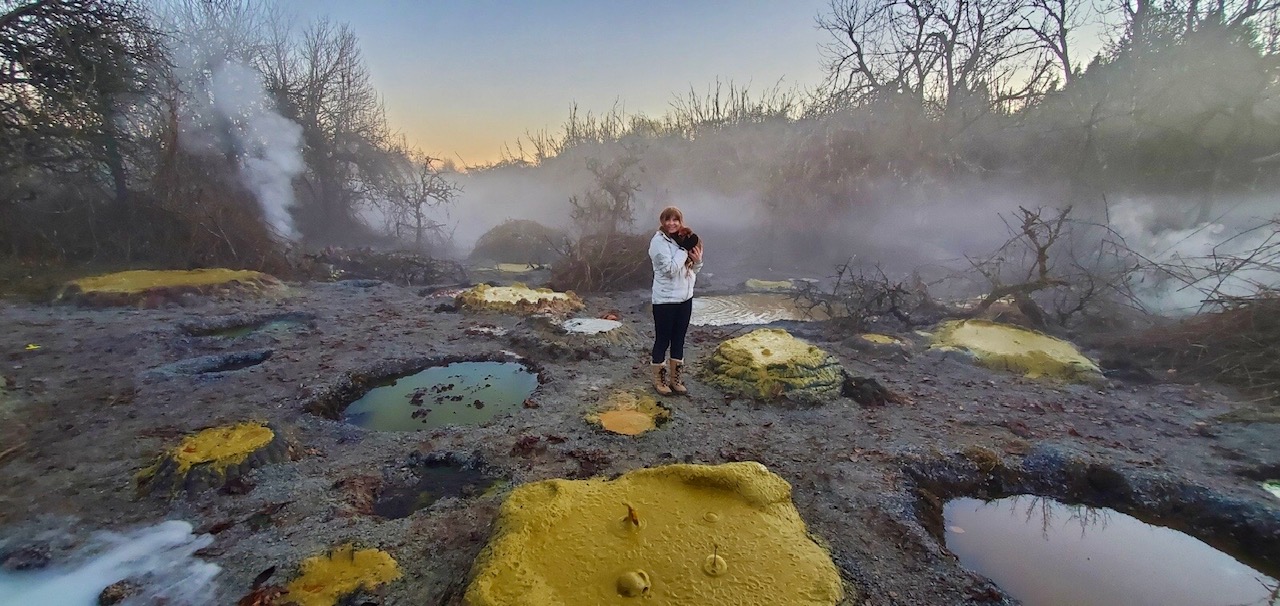For 39 years the Edmonton International Film Festival has been a cinephilic institution in the city that presents veteran and emerging filmmaker talent from around the world.
It’s no secret that a lot of work goes into writing, producing, directing and shooting a film. There are of course many outstanding directors, actors, writers and producers involved, but what about the “scripties,” “drapesmasters,” “extras wranglers” and other unsung heroes of the film industry? The behind-the-scenes, after hours and detail-oriented film professionals, without whom, there would be no industry.
We spoke with three people from more “niche” film professions in the local film industry to hear more about what they do and why they do it.
The Continuity Keeper — Script Supervisor Corey Jones
Explaining what a script supervisor does isn’t always easy, says Corey Jones, who has been script supervisor on projects like Bates Motel, The X Files and Lost In Space. That’s partly because they have a big job: continuity. Script supervisors, lovingly known on set as “scripties,” have to make sure all the scenes, costumes, props and dialogue are consistent from shot to shot. “We need to see everything the camera sees,” explains Jones, so that camera operators know if something gets missed. Script supervisors have to make sure the same words were said in the same order from take to take and have to make sure every prop, every piece of clothing, every strand of hair, looks the same in every shot.
To keep everything straight, script supervisors take copious notes each day. “We use a sort of coded format to relay to post production what has been shot each day, where the shots belong in a scene and favoured takes and performances,” she says. All of this means that script supervisors are key communicators between production and post production. It also means they have a lot to keep track of.
While filming Lost In Space, during a particularly complex scene that had to be filmed on location and in studio, Jones noticed a crucial detail had changed between the studio shots and the location shots — a door that had been open was now closed.
